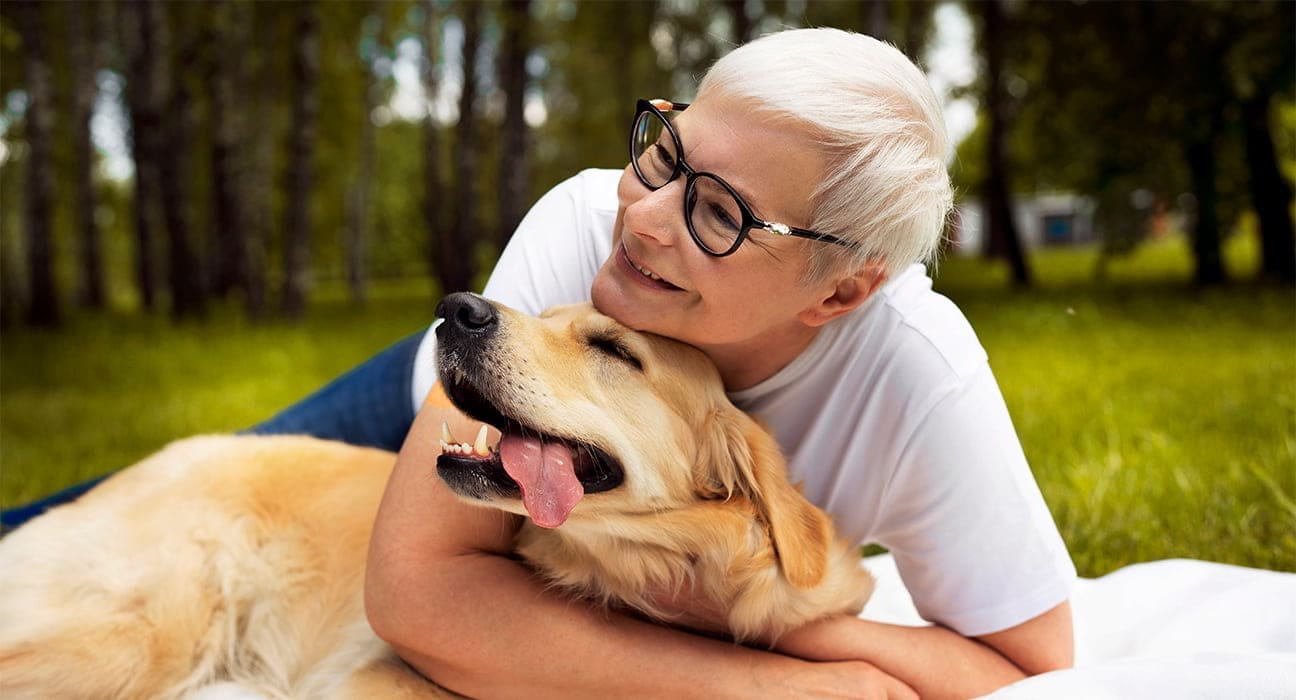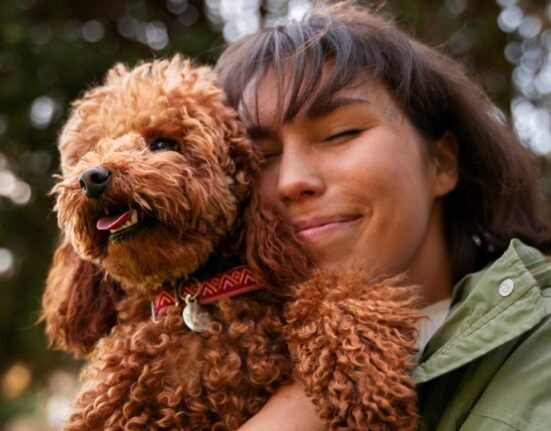Therapy dogs are there to soothe people in hospitals, nursing homes, schools and other places. Through their mere presence and interaction, they play a critical role in improving the mental and emotional well-being of individuals. Here are the ten best therapy dog breeds with a gentle temperament, intelligence and ability to bond strongly with humans.
Benefits of Therapy Dogs
There are many benefits of having therapy dogs:
- Emotional Support: This helps in reducing stress, anxiety and depression.
- Social Interaction: This promotes socialization thus improving communication skills.
- Cognitive Benefits: Therapy dogs enhance concentration; especially in educational environments.
- Physical Benefits: Interacting with these dogs can actually lower blood pressure as well as improve cardiovascular health generally.
Read More: Pet and its Psychological Impacts on Parents
10 Therapy Dog Breeds
- Labrador Retriever: Labradors are one of the leading breeds when it comes to therapy work. They are friendly, sociable and highly trainable. Their mildness makes them suitable for providing comfort to people who need it in different settings.
- Golden Retriever: Golden Retrievers are known as kind-hearted pets who can put up with anything. They exhibit love, which makes them great for therapy sessions. Their amiable mannerism enables them to interact easily with human beings.
- Poodles: (standard, miniature, toy) varieties are intelligent as well as hypoallergenic thereby making them ideal choices for allergic people. Poodles can also be trained very easily and they have a docile personality that makes excellent therapy dogs.
- Cavalier King Charles Spaniel: These small dogs are so sweet when someone is in pain, and they enjoy it when you hug them too. The calmness and meekness that flow through their body combined with cuddles make this breed the best for therapy, especially for kids and old people.
- Beagles: Beagles are well known for being friendly and inquisitive. Due to their size, beagles make excellent therapy dogs as they have an affectionate disposition towards humans. They work well with children because of their playful and mild temperament.
- French Bulldog: French Bulldogs are small, strong-willed, full of character and little beings. These easygoing and loving animals can also make good therapy dogs, but what sets them apart is the fact that they are highly supportive if someone has anxieties or depression.
- Corgis: Corgis are smart, obedient and easily adaptable animals. These friendly outgoing dogs can also be used as effective pet therapists’ more so because they can be employed in places where there are several people whom one wants to interact with.
- Pomeranian: Small, fluffy Pomeranians have boundless energy. Their tiny bodies contain huge personalities as well as a lot of love to give others around. It seems that these happy limp dog breeds can provide emotional support services effectively at least from my own experience in life somehow.
- Collie: Collies are intelligent and gentle in nature. They can be easily trained and create strong relationships with their masters. Again, collies make good therapy dogs because of their calm and caring spirits that are suited for those who need to be put in such situations as hospitals and nursing homes.
- Yorkshire Terrier: Yorkshire terriers may be diminutive but they have a big heart. These tiny animals are loving and full of energy. In addition, Yorkies are ideal for people living in small spaces or individuals who need a dog that they can keep on their laps.
Read More: Pets: Means to a fulfilling life
In summary, therapy dogs give key support to folks in many places, like hospitals and schools. The dog types we talked about are great for this job because they are easy to train and very gentle. They can make strong ties and give support, making them great friends. This greatly helps improve the lives of the people they meet.
References +
- 10 best therapy Dogs for Affection & Comfort | Purina. (n.d.). https://www.purina.co.uk/find-a-pet/articles/dog-types/breed-guides/therapy-dogs
- https://usserviceanimals.org/blog/best-therapy-dog-breeds













Leave feedback about this